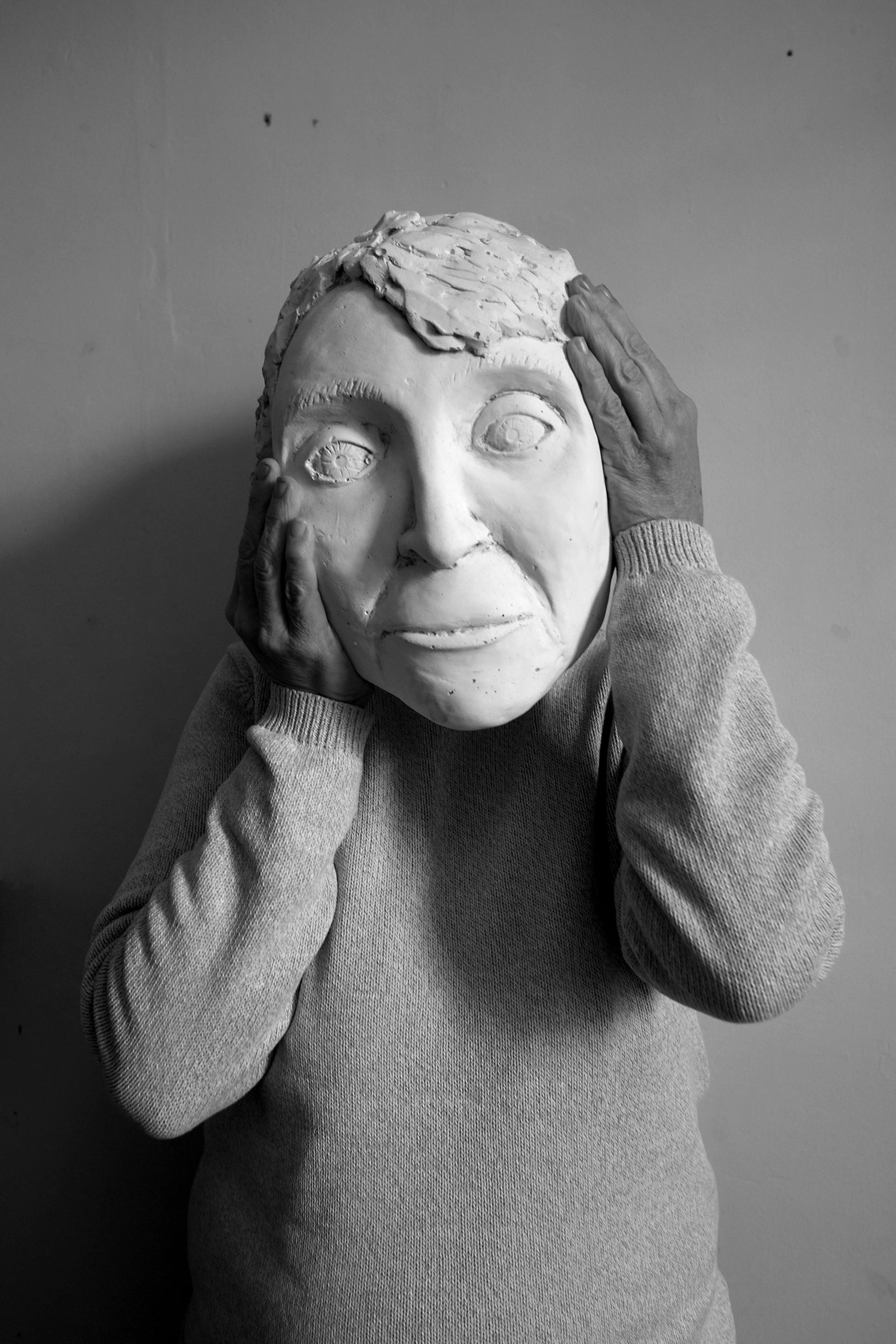In No Rest for the Wicked, Kelly O’Brien’s work explores the relentless cycle of labour endured by poor working class women across 3 generations. The title, drawing from the Biblical Book of Isaiah, signifies the unending struggle faced by those bound to the grind of work. This series is a visual commentary on the transformative nature of labour and its impact on the human spirit and body.
Through an intimate and reflective lens, O’Brien captures the lives of her grandmother, mother, and herself, weaving a narrative that spans decades of relentless toil. The photographs present an unvarnished yet graceful portrayal of their dual existence—at work and at home—highlighting both their inherent strength and the repetitive, often invisible labour that defines their lives.
O’Brien's work is reminiscent of Helga Paris' Frauen bei Der Arbeit, as it similarly venerates the quiet dignity of women engaged in labor. Yet, O’Brien’s series goes beyond mere documentation; it interrogates the very essence of work as an endless cycle that transcends time and space. By juxtaposing images of domestic scenes with those of labor, she illuminates the perpetual and often harsh reality faced by poor and working class individuals.
The presentation of these images challenges the myth of progress within capitalism. While the photographs may initially appear chronological, they reveal a deeper truth: the worker’s life is a loop of infinite repetition, unbroken by the passage of time or geographic relocation. This notion is encapsulated in “3 Generations Of Work,” a parody of a C.V. that lists the jobs and life events of O’Brien and her matriarchal line. This piece underscores the persistence of the working-class condition, exposing how economic systems perpetuate a cycle of labor with little hope for change.
In unraveling these narratives, No Rest for the Wicked reclaims the visibility of working class women and their stories, offering a poignant critique of a system that often erases their struggles. Through her compelling visuals, O’Brien not only archives her family's legacy but also casts a critical eye on the systemic forces that confine workers to an endless circuit of labour within capitalism.
Summery of work taken from essay by author Cynthia Cruz















